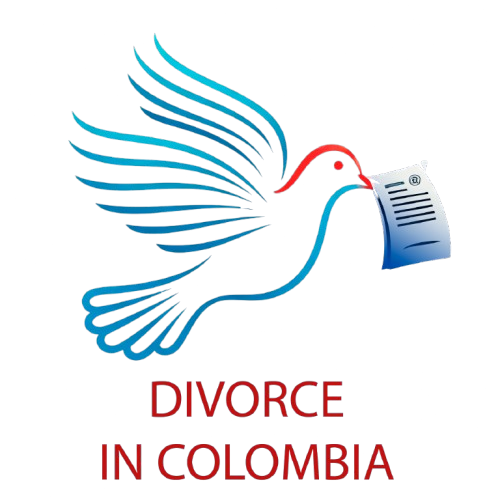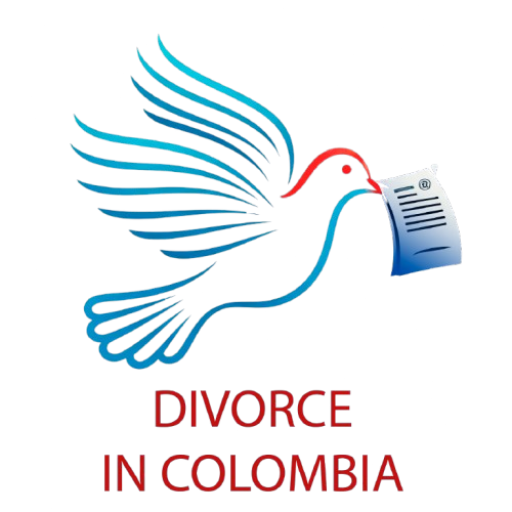Family Mediation Services
Family Mediation Services: Resolving Conflicts Amicably
Resolve conflicts amicably with our expert mediation services. We facilitate constructive dialogue to reach mutually beneficial agreements in family disputes. Discover how mediation can provide a less stressful alternative to court proceedings.
Detailed Content:
Our family mediation services include:
- Neutral Facilitation: Our trained mediators act as neutral third parties, facilitating open and constructive communication between disputing family members.
- Customized Mediation Process: We tailor the mediation process to your family’s unique needs, addressing all relevant issues in a comprehensive manner.
- Divorce Mediation: We help couples negotiate all aspects of their divorce, including property division, child custody, and support arrangements.
- Post-Divorce Dispute Resolution: We assist in resolving conflicts that arise after divorce, such as modifications to custody or support agreements.
- Parent-Child Mediation: We facilitate improved communication and understanding between parents and children, particularly in high-conflict situations.
- Drafting of Mediation Agreements: We help formalize the agreements reached during mediation, ensuring they are clear, comprehensive, and legally sound.
- Legal Information Provision: While maintaining neutrality, we provide general legal information to help parties make informed decisions.
1. What are the types of divorce available in Colombia?
In Colombia, there are two main types of divorce: mutual agreement divorce (processed through a notary) and contested divorce (processed through a family court judge). Mutual agreement divorce is faster and less complex, while contested divorce is necessary when spouses cannot reach an agreement.
2. How long does the divorce process take in Colombia?
The duration of the divorce process varies depending on the type of divorce. A mutual agreement divorce can take between 2 weeks to 2 months. A contested divorce before a family court can take between 8 months to 1 year, depending on the complexity of the case and the court's workload.
3. What documents are required for a divorce in Colombia?
The basic documents required include: authenticated copies of birth certificates for both spouses and any minor children, civil registration of marriage, copies of identification documents, a petition for divorce prepared by a lawyer, and a divorce agreement (for mutual agreement divorces). Additional documents may be required depending on the specific circumstances of the case.
4. How is marital property divided in a divorce?
In Colombia, marital property (assets acquired during the marriage) is typically divided equally (50/50) between spouses. However, in a mutual agreement divorce, spouses can agree to a different division. It's important to note that assets acquired before the marriage or through inheritance or donation are generally not considered marital property.
5. How is child custody determined in a divorce?
In Colombia, child custody is determined based on the best interests of the child. The court considers factors such as the child's age, emotional ties with each parent, each parent's ability to care for the child, and the child's preferences (if they are old enough). Joint custody is not common in Colombia; usually, one parent is granted primary custody with visitation rights for the other parent.
6. What is a de facto marital union and how is it legally recognized?
A de facto marital union in Colombia is a partnership between two people who, without being married, maintain a permanent and singular cohabitation. It can be legally recognized through a notarial deed, a reconciliation agreement, or a court order. Once recognized, it grants similar rights and obligations as a marriage in terms of property and partner support.


Have any questions?
 Faq Questions
Faq Questions
Have any questions And answers
7. Can I get a divorce in Colombia if I or my spouse live abroad?
Yes, you can get a divorce in Colombia even if one or both spouses live abroad. However, documents from abroad may need to be legalized or apostilled for use in Colombia. It's advisable to work with a lawyer who can handle international divorce cases and guide you through the process.
8. What are the grounds for a contested divorce in Colombia?
Grounds for contested divorce in Colombia include: extramarital affairs, serious breach of marital duties, habitual drunkenness, drug addiction, physical or psychological abuse, separation for more than two years, and mutual consent expressed before a judge. Recent jurisprudence has also recognized extreme jealousy as a potential ground for divorce.
9. How are alimony and child support determined in Colombia?
Alimony and child support in Colombia are determined based on the needs of the recipient and the financial capacity of the payer. For child support, both parents are obligated to contribute proportionally to their income. The amount can be agreed upon by the parties or determined by a judge if no agreement is reached.
10. Can prenuptial agreements be enforced in Colombia?
Yes, prenuptial agreements (known as "capitulaciones matrimoniales" in Colombia) can be enforced. These agreements must be made before marriage and can regulate aspects such as the ownership and administration of assets during the marriage and how they will be divided in case of divorce. They must be formalized through a public deed before a notary.







